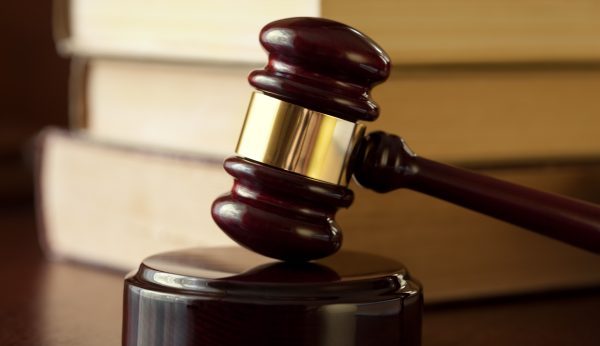Missing a criminal court hearing can be one of the most stressful experiences for a defendant. The implications are serious, and the legal landscape can quickly become complicated. Understanding what steps to take next is crucial. This blog post offers guidance on the potential consequences and actions you can take to manage the situation effectively.

Understanding the Consequences of Failure to Appear
Failing to appear in court, often referred to as “Failure to Appear” or “FTA”, can have immediate and long-term repercussions. One of the most common outcomes is the issuance of a bench warrant. This means that law enforcement is authorized to arrest you and bring you before the court. Additionally, an FTA can lead to additional charges being filed against you, complicating your legal situation further.
In Indiana, missing a court date has specific consequences. Not only does it result in a bench warrant, but it can also negatively impact any bail you may have posted. This may result in losing the money or collateral used for bail. It’s essential to understand that an FTA can paint you as unreliable in the eyes of the court, potentially affecting the outcome of your case.
Steps to Take Immediately After Missing a Court Date
If you’ve missed your court date, the first step is to contact your criminal defense attorney immediately. Legal advice is critical at this juncture, as your attorney can help you understand the reasons for the missed appearance and guide you in preparing for the next steps. It’s important to be honest and forthright with your lawyer, as they need all the information to provide the best possible defense.
Being proactive and reaching out to the court demonstrates that you are taking the matter seriously and are committed to resolving any issues. This proactive approach can significantly impact how the court perceives your case. Your lawyer, with their expertise and understanding of legal procedures, might be able to negotiate with the court on your behalf. They can explain the circumstances surrounding your absence, such as any valid reasons or emergencies that may have prevented your attendance.
Through effective communication, your lawyer could potentially minimize additional penalties or charges, helping to ensure a more favorable outcome for your situation. Taking these steps not only shows responsibility but also underscores your willingness to engage constructively with the legal process.
Appearing Before the Court Again
Rescheduling or appearing in court to address the missed date is crucial. Your attorney may assist you in filing a motion to quash the bench warrant, which could remove the immediate threat of arrest. When returning to court, ensure you are on time and prepared with a valid reason for your absence. Documentation supporting your reason, such as medical notes or evidence of an emergency, can be helpful.
Taking these steps demonstrates to the court your commitment to resolving your legal matters responsibly. It is another opportunity to explain your situation and show the court that the FTA was not a result of negligence or disregard for the legal process.
Legal Counsel and Next Steps
The role of legal counsel in navigating the aftermath of a missed court date is invaluable. A criminal defense lawyer can provide strategic advice tailored to your circumstances, helping you prepare for your next court date. This preparation may involve gathering necessary evidence or documents to support your case.
Your attorney will also help you understand your rights and responsibilities throughout the process. Having professional guidance can lessen the anxiety associated with criminal proceedings and improve your chances of a favorable outcome.
Conclusion
In summary, missing a criminal court hearing is a serious matter with significant consequences. However, taking immediate action can help mitigate these effects. Seek legal advice promptly, understand your options, and make every effort to resolve the issue with the court. Being proactive and informed is crucial in safeguarding your legal standing and protecting your rights. If you find yourself in this situation, don’t hesitate to contact a criminal defense lawyer to guide you through the process and ensure you’re taking the right steps forward.
For personalized legal advice and ensure your freedoms are protected, reach out to our law firm. Contact Attorney David E. Lewis at 317-636-7514 to speak with a seasoned criminal defense attorney in Indianapolis, Indiana. We will get you the best possible outcome to your criminal case!
Related Posts:
Do I Call a Bail Bondsman or a Lawyer First?
How to Prepare for Your Day in Criminal Court
What to Wear for a Court Hearing: A Comprehensive Guide


